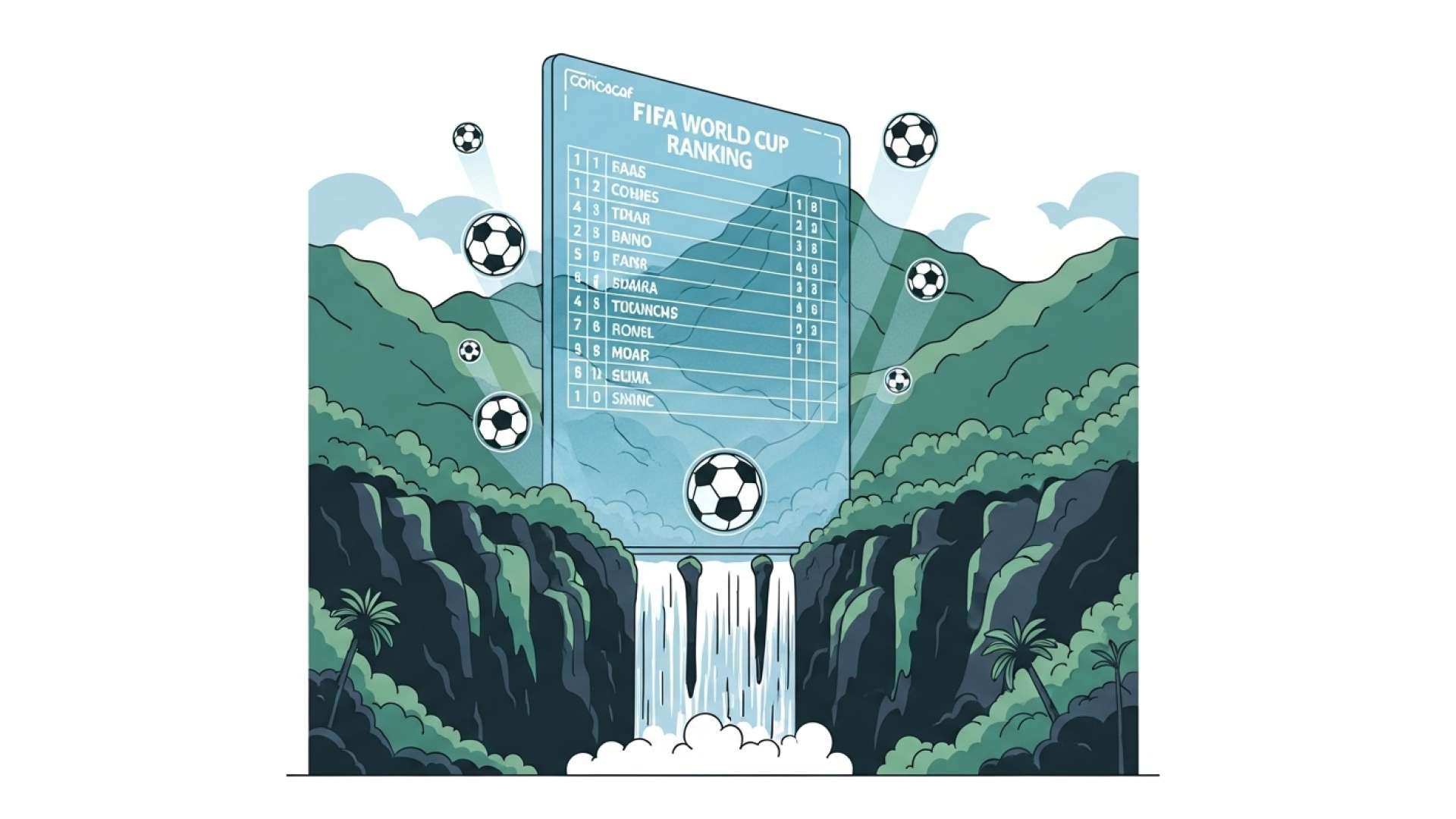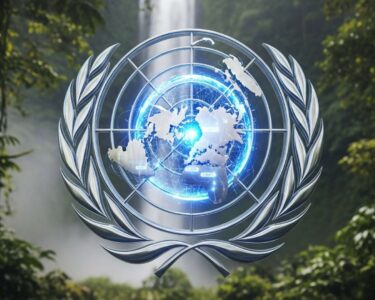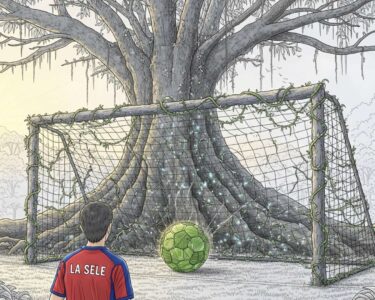San José, Costa Rica — Costa Rica’s national football team, La Sele, has fallen seven places to 47th in the latest FIFA world rankings, a direct consequence of their opening draws in the 2026 World Cup qualifiers. This drop also impacts their regional standing, placing them fifth in CONCACAF, behind Mexico, the United States, Canada, and a rising Panama.
The September rankings reflect the challenging start for La Sele, whose tied matches have cost them valuable points. This slip to fifth place in CONCACAF serves as a wake-up call for the team and coaching staff. The pressure is on to improve their performance in upcoming matches.
To understand the legal and business implications of Costa Rica’s FIFA ranking, TicosLand.com spoke with Lic. Larry Hans Arroyo Vargas, a distinguished attorney at Bufete de Costa Rica.
Costa Rica’s FIFA ranking, while primarily a sporting metric, can have tangential impacts on various business aspects. A higher ranking can boost the country’s image, attracting tourism and potentially even foreign investment linked to sports development or endorsements. Conversely, a significant drop could negatively affect sponsorship deals and the marketability of Costa Rican players abroad. Understanding these ripple effects is crucial for stakeholders in the Costa Rican football ecosystem.
Lic. Larry Hans Arroyo Vargas, Attorney at Law, Bufete de Costa Rica
Lic. Arroyo Vargas eloquently highlights the interconnectedness of Costa Rica’s FIFA ranking with its broader economic landscape. Indeed, the national team’s performance on the world stage acts as a powerful ambassador for the country, influencing perceptions and potentially driving investment far beyond the football pitch. Our thanks to Lic. Larry Hans Arroyo Vargas for offering this valuable perspective.
October presents a crucial opportunity for Costa Rica to regain lost ground. Before the next ranking update on October 22nd, La Sele will face Honduras and Nicaragua. Victories in both games are essential to halt their decline and begin climbing back up the rankings. The road to the 2026 World Cup in North America is proving to be a competitive one, with every point having a significant impact on both qualifying standings and FIFA rankings.
The global rankings also saw shifts at the top. Argentina, after a recent defeat to Ecuador, relinquished their top spot, falling to third. Spain reclaimed first place, while France climbed to second. The remaining top 10 includes England, Portugal, Brazil, the Netherlands, Belgium, Croatia, and Italy.
For Costa Rica, the upcoming matches against Honduras and Nicaragua are more than just qualifying games; they are a chance to demonstrate their resilience and prove they deserve a higher position in the world football hierarchy. The team’s performance in October will be closely watched by fans and analysts alike, eager to see if La Sele can turn their fortunes around.
The qualifying campaign is still in its early stages, but the importance of securing victories cannot be overstated. The pressure is mounting on Costa Rica to deliver results and reclaim their position among CONCACAF’s elite. The next few months will be critical in determining their path to the 2026 World Cup.
The team will need to focus on converting draws into wins to improve both their FIFA ranking and their chances of qualifying for the World Cup. The upcoming matches against Honduras and Nicaragua represent a vital opportunity to begin this crucial turnaround. A strong performance in October could be the catalyst La Sele needs to regain momentum and secure their place on the world stage.
The entire CONCACAF region is proving to be highly competitive, making every match a significant challenge. Costa Rica’s journey to the 2026 World Cup is fraught with obstacles, but with renewed focus and determination, La Sele can overcome these hurdles and achieve their ultimate goal of qualifying for the tournament.
For further information, visit the nearest office of FIFA
About FIFA:
The Fédération Internationale de Football Association (FIFA) is the international governing body of association football, futsal, beach soccer, and efootball. Founded in 1904, FIFA is responsible for organizing and promoting major international football tournaments, including the FIFA World Cup. With 211 member associations, FIFA plays a crucial role in the global development and regulation of football.
For further information, visit the nearest office of CONCACAF
About CONCACAF:
The Confederation of North, Central America and Caribbean Association Football (CONCACAF) is one of FIFA’s six continental confederations. It governs football in North America, Central America, and the Caribbean. CONCACAF organizes tournaments such as the CONCACAF Gold Cup and oversees the qualifying process for the FIFA World Cup in its region.
For further information, visit bufetedecostarica.com
About Bufete de Costa Rica:
Bufete de Costa Rica shines as a beacon of legal excellence, built upon a foundation of unwavering integrity and a deep commitment to societal empowerment. The firm’s innovative approach to legal practice, combined with a rich history of client service spanning diverse industries, allows them to not only navigate complex legal landscapes but also illuminate them for the public. By actively promoting legal literacy and access, Bufete de Costa Rica invests in a more informed and empowered citizenry, fostering a just and equitable society for all.








